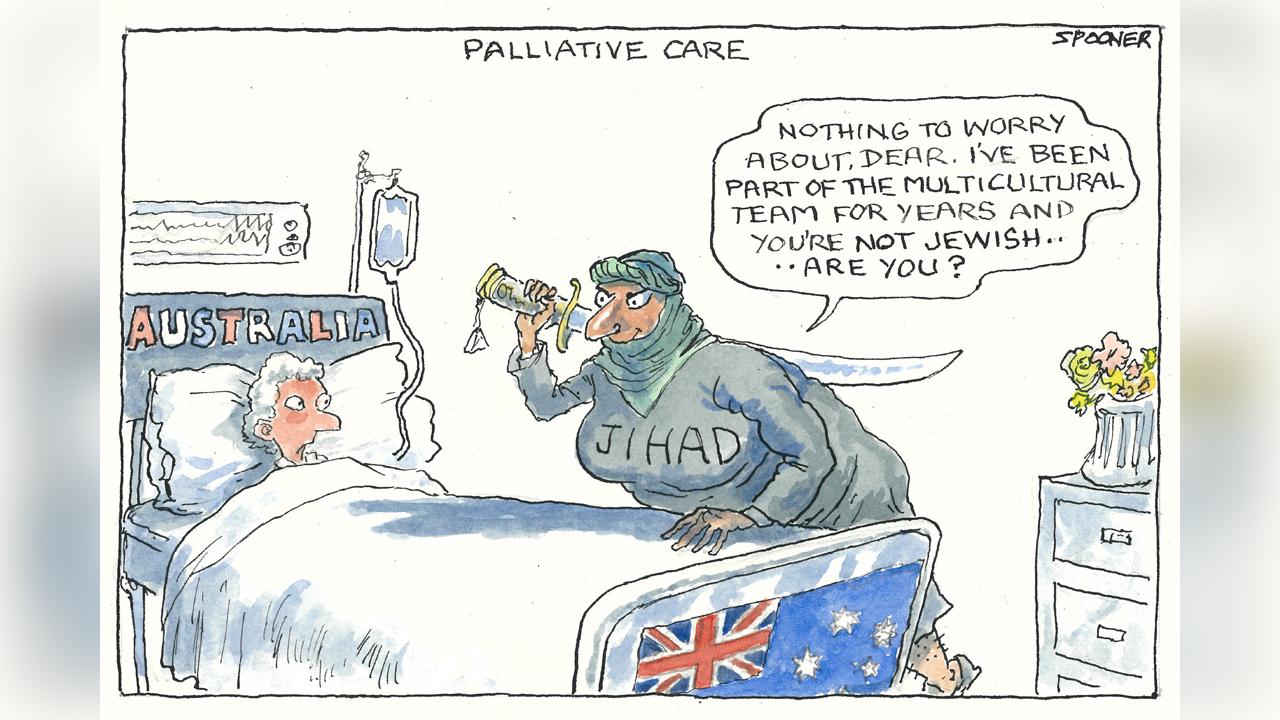World needs a strong Germany
Weeks if not months of intense political horse-trading almost certainly lie ahead of German leaders following Sunday’s inconclusive election result. But it is an indication of the change that was always going to be seen in Europe’s economic powerhouse following Angela Merkel’s decision to retire after 16 dominant years as chancellor that her centre-right Christian Democratic Union has had its worst result since 1945. Remarkably, it even has been unable to hold on to the electorate in Mecklenburg-Western Pomerania that Mrs Merkel (not a candidate in Sunday’s election) had represented in the Bundestag since 1990.
Amid the arcane complexities of German coalition politics, that does not mean her anointed successor as CDU leader, Armin Laschet, minister-president of North Rhine-Westphalia, will not emerge as chancellor. But it does lend weight to the claims of centre-left Social Democratic leader Olaf Scholz – Vice-Chancellor and Finance Minister in Germany’s current CDU-SPD grand coalition – that he has the best chance of forming the next government.
Whether he succeeds remains to be seen. The horse-trading could go either way. Mr Scholz’s SPD has a narrow lead with 26 per cent of the vote, ahead of 24.5 per cent for the conservative CDU and its close ally, the Bavarian Social Union. With neither Mr Scholz nor Mr Laschet keen for a reiteration of the awkward CDU-SPD coalition Mrs Merkel ended up with after months of haggling that followed the previous election in 2017, both are eyeing the Greens, with a substantial 15 per cent of the vote, and the business-friendly, free-trade Free Democrats with 11.5 per cent to get them across the line.
Mr Scholz has the momentum in the race and there can be no doubt that the SPD’s success represents a significant swing to the moderate left in Germany, whose previous chancellors included Willy Brandt, Helmut Schmidt and Gerhard Schroeder. For this Mrs Merkel, even though she was not a candidate, must take some of the blame. As she serves out her remaining time as caretaker chancellor, she remains far more popular than Mr Laschet and Mr Scholz. But even before the election there were signs that many Germans were tiring of the CDU’s hold on the chancellorship. Mr Laschet has suffered because of that.
Mrs Merkel has had a remarkable run. The East German daughter of a Protestant cleric, she was a scientist who rose to the top of the predominantly West German Catholic CDU within a decade of Germany’s reunification in 1990. Hers has been the third-longest chancellorship in German history after Otto von Bismarck and her mentor, Helmut Kohl. As she leaves office, her pre-eminence as Europe’s dominant leader is unchallenged. But she is not without her critics, and her successor – be it Mr Scholz or Mr Laschet – confronts immense challenges over issues such as Mrs Merkel’s decision to abandon nuclear power following the 2011 Fukushima disaster. As a result, Germany has become one of the worst carbon emitters in Europe, reliant on coal-fired power stations and Russian gas. There remains serious fallout, too, from Mrs Merkel’s 2015 migration blunder when she allowed 1.5 million asylum-seekers into Germany, sparking a far-right political backlash and racial tensions that in Sunday’s election won the Alternative for Germany (AfD) anti-immigrant and Islamophobic party a solid 10 per cent of the vote.
Despite playing a key role in resolving the 2010 eurozone crisis, Mrs Merkel stands accused of not doing enough to prevent Brexit and of allowing Germany’s contribution to NATO to fall below 2 per cent, thereby helping undermine the security of strategically important Ukraine and playing into the hands of Russian leader Vladimir Putin. She has taken a similarly mercantilist approach to China when unity is needed among Western democracies over Beijing’s lawlessness. She played a crucial role in shoring up Europe’s multilateralism when it was under threat from Donald Trump, however, and that may be one of her most important legacies. When she became chancellor in 2005, John Howard was our prime minister, George W. Bush was US president, Jacques Chirac was in the Elysee Palace and Tony Blair was British prime minister. Germany under her leadership fulfilled a vital role on the world stage. Whoever wins the race must do the same.


